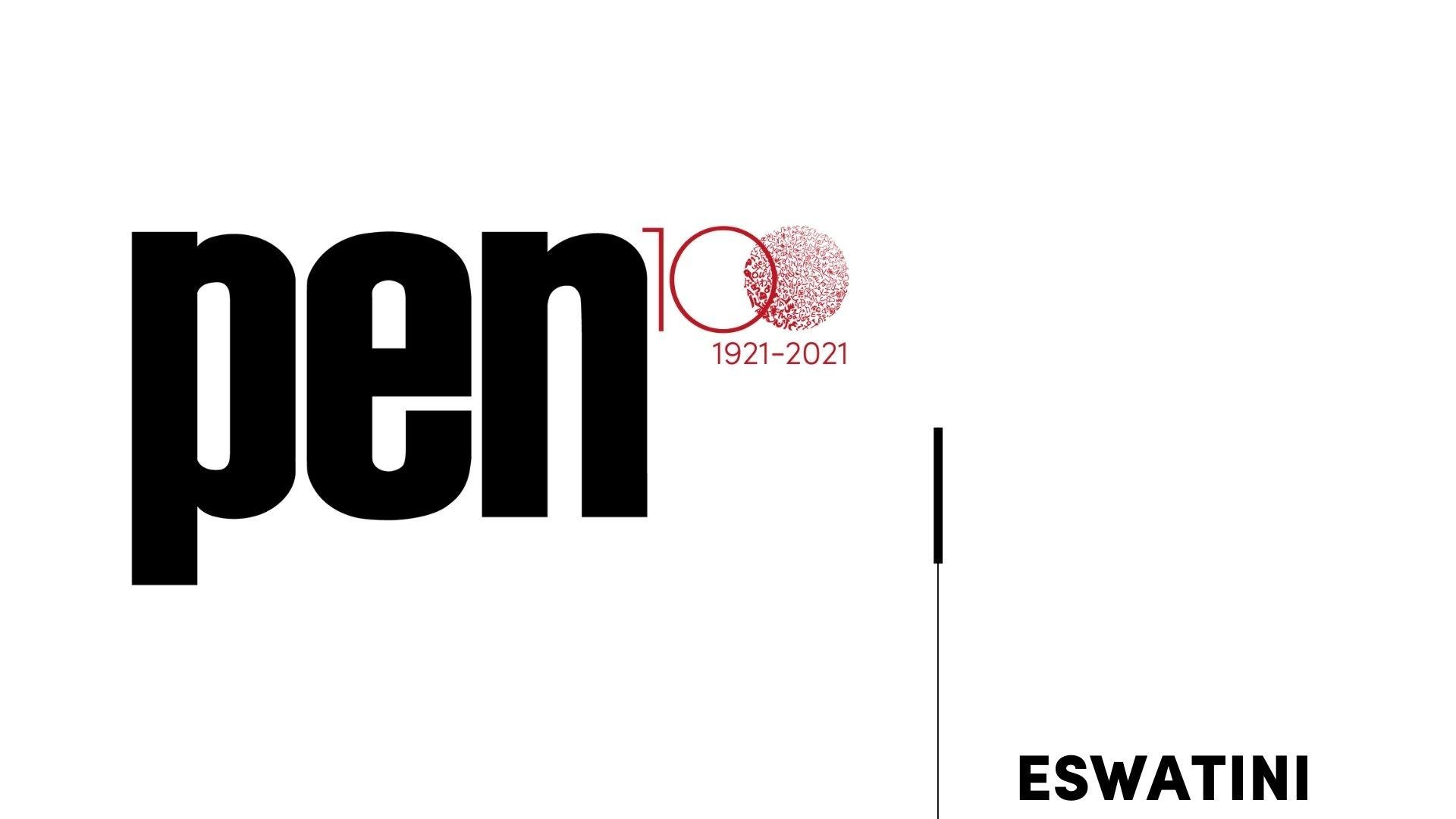Eswatini: Stop government attacks on freedom of expression
PEN International condemns the violent crackdown on peaceful protesters, media workers and government critics by Eswatini security forces and restrictions on internet access across the country since the onset of large-scale pro-democracy protests in June. We urge the Eswatini authorities to immediately desist from all acts of repression of peaceful dissent and freedom of expression, to unconditionally drop trumped-up charges and release from prison all those arrested for peacefully exercising their right to freedom of expression.
In June, the Eswatini monarch King Mswati III, through acting prime minister Thema Masuku, issued a decree banning the delivery of petitions to members of parliament. This was in reaction to calls made in May by a group of dissenting members of parliament for reforms to allow for the election of the prime minister instead of their appointment by the King. These calls received widespread public support, with citizens across the country, through their members of parliament presenting petitions to the king calling for democratic reforms.
In a highly controlled political system, public petitions are among the very few remaining avenues for citizens to present their concerns to the king. The sudden ban triggered pro-democracy marches in several parts of the country, which the king also banned. In late June, pro-democracy protesters defied the ban and took to the streets, demanding major constitutional changes, including an end to the ban on political parties and introduction of a democratic system of governance.
The authorities responded violently to peaceful protests, leading to several incidents of retaliatory violence from sections of the protesters. Further, on June 29 the Eswatini government shut down the internet across the country as a measure to silence the protests. On July 4, security forces arrested and tortured two South African journalists covering the protests. The soldiers reportedly forced the reporters to destroy footage and photographs of the protests they had been covering before freeing them following legal intervention.
Regional and international human rights groups as well as media organizations have reported that Eswatini police and military forces used disproportionately excessive force against protesters, including firing of live ammunition and stun grenades that led to the killing of dozens and injuring of hundreds of protesters. Amnesty International estimates that at least 20 people have been killed by security forces and at least 150 hospitalized with gunshot wounds.
PEN International condemns the ongoing abuse of the legal system by the Eswatini authorities to clamp down on government critics and pro-democracy protesters for peacefully exercising their right to freedom of expression. This has been perpetrated through harassment and intimidation of unarmed civilians, arbitrary arrests and detentions of pro-democracy protesters, abductions and torture as well as prosecuting them on trumped up criminal charges. We call on the authorities to immediately and unconditionally drop all charges and free from detention all those arrested for peacefully exercising their right to freedom of expression.
PEN International urges the authorities to uphold Eswatini’s constitution, particularly Section 24, which protects freedom of expression and to repeal all laws that criminalize dissent and criticism of the government.
We further call on the Eswatini authorities to immediately restore full internet services and to uphold the revised African Commission on Human and Peoples Rights (ACHPR) Declaration of Principles of Freedom of Expression and Access to information that binds all member states to promote freedom of expression and of the media. The internet shutdown imposed across Eswatini violates these principles and the right to freedom of expression and digital rights of citizens and residents of Eswatini.
The authorities of the Kingdom of Eswatini must also take urgent measures to fulfil their obligations to their citizens under international human rights law. PEN International calls on the authorities to ensure that security forces fully adhere to international human rights principles on the protection of human rights in protests and the UN Basic Principles on the Use of Force and Firearms by Law Enforcement Officials
To prevent any future unlawful conduct by the security forces. PEN International urges the Eswatini authorities to enable thorough and independent investigations of security forces deployed to police the protests and to hold to account those found to have engaged in human rights violations.
Background
The Eswatini king exercises ultimate authority over all branches of government, with control over parliament, traditional chiefs, and the judiciary. He appoints the prime minister, members of the candidate and judges. Members of parliament are elected by popular vote through a system which allows local chiefs to vet candidates and influence results. Local traditional chiefs represent and answer to the King. There is no legal framework for the registration of political parties and their participation in elections although some political parties exist without legal recognition.
The authorities of Eswatini retain and use a raft of draconian legislation to stifle dissent and punish critics of government policies and practices, including media practitioners, human rights defenders and opposition parties. These include the 2008 Suppression of Terrorism Act (STA) and the 1938 Sedition and Subversive Activities Act (SSAA).
For further information, please contact Nduko o’Matigere, Africa Regional Coordinator at PEN International, Koops Mill, 162-164 Abbey Street, London, SE1 2AN, UK – e-mail [email protected]

